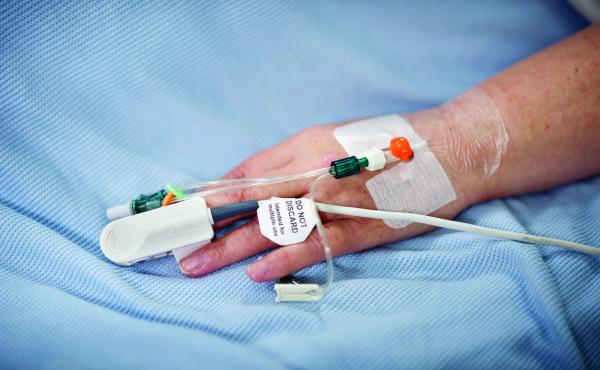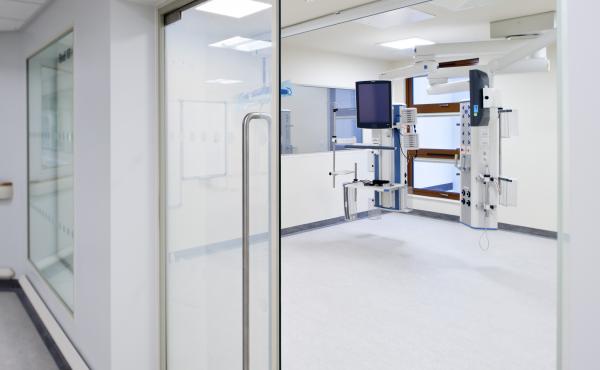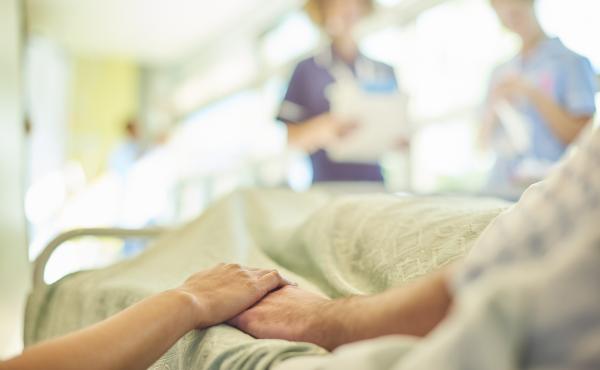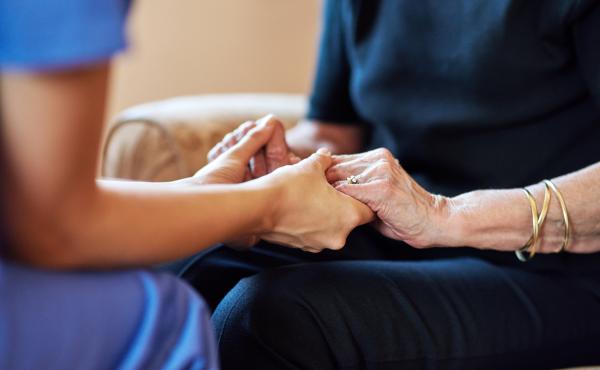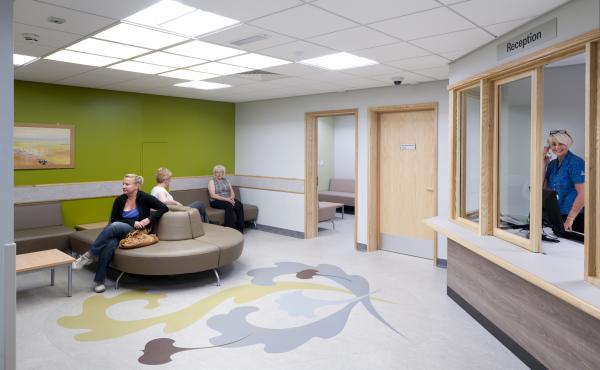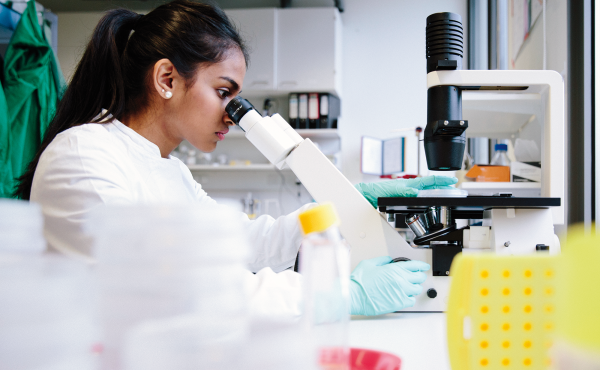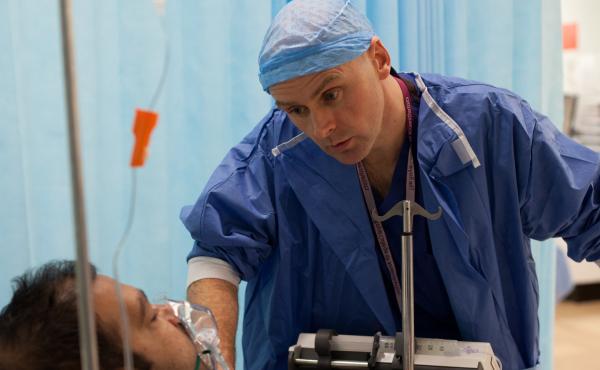Physical recovery
After a period of critical illness you may experience some changes such as fatigue, loss of appetite, headaches and changes in your sex-drive. Some people also experience a change in their voice, drier skin than normal and changes to the condition of their hair. Not everyone is affected by these issues though. These changes generally improve, however it is difficult to predict the time taken for your recovery and it may take several weeks or even months to get back to normal.
I had many other issues including the fact I had been in bed so long that I could barely move to start with. I was globally weak and just sitting up took a huge amount of effect and help, as did moving my arms or legs. This was a big shock having been a reasonably active person before my illness. However the critical care physio team were wonderful and inspiring. With their help and encouragement and a lot of hard work I have got my strength back.
You may have lost some weight and muscle bulk during your time in critical care. Whilst you were in hospital the physiotherapy team will have worked with you to help you to improve your mobility and muscle strength. You may also have met an occupational therapist who will have assessed if you required any additional help before being discharged home.
After going home it is important to continue to exercise gently to build up strength and loosen stiff joints. Initially you may feel that even the slightest physical activity takes a lot of effort and leaves you feeling exhausted. This tiredness is normal after a critical illness and will improve in time.
It is important to pace yourself and set realistic goals so that you don’t exhaust yourself. Although exercise may make you a little breathless, you should not be so breathless that you cannot talk. As your strength returns you should aim to increase your level of activity, this will often help you to sleep better.
Good nutrition is important in aiding recovery after illness. It is common to have a reduced appetite after an illness or operation. You may experience feelings of nausea, bloating after meals or feel full quickly. It is also possible that your sense of taste may have changed. These symptoms are usually temporary. When your appetite is poor, you may find it difficult to eat normally. It is important though for you to receive enough nutrition to help you recover. At first it may be easier to eat a little and often – perhaps try having three small meals and three snacks daily instead of three larger meals.

